South Sudanese women put up a brave front against hunger and the pandemic
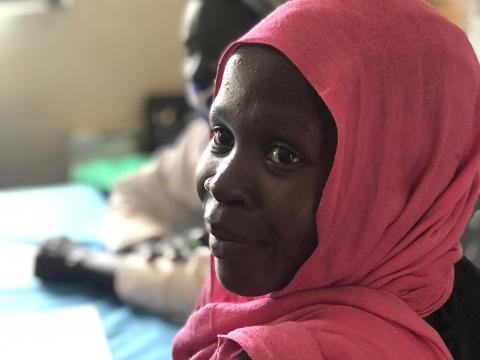
A long queue of mothers and their babies wait patiently outside of Angela Acayo’s check-up room in Gurei Primary Health Care Centre (PHCC), one of the 13 World Vision-supported nutrition sites in Juba, South Sudan’s capital. The 59-year old nurse who also serves as the centre’s manager listened intently as 21-year old Zainab, a mother of three, shared her condition.
“Over a hundred people come to the centre every day. Mondays are usually the busiest”, Acayo shares, then shifted her attention to Zainab. “I gave birth in this centre and the staff supported my children. But the COVID-19 pandemic made situation very difficult for us. My husband Deng lost his job, we can hardly find food to eat for a day”, Zainab says.
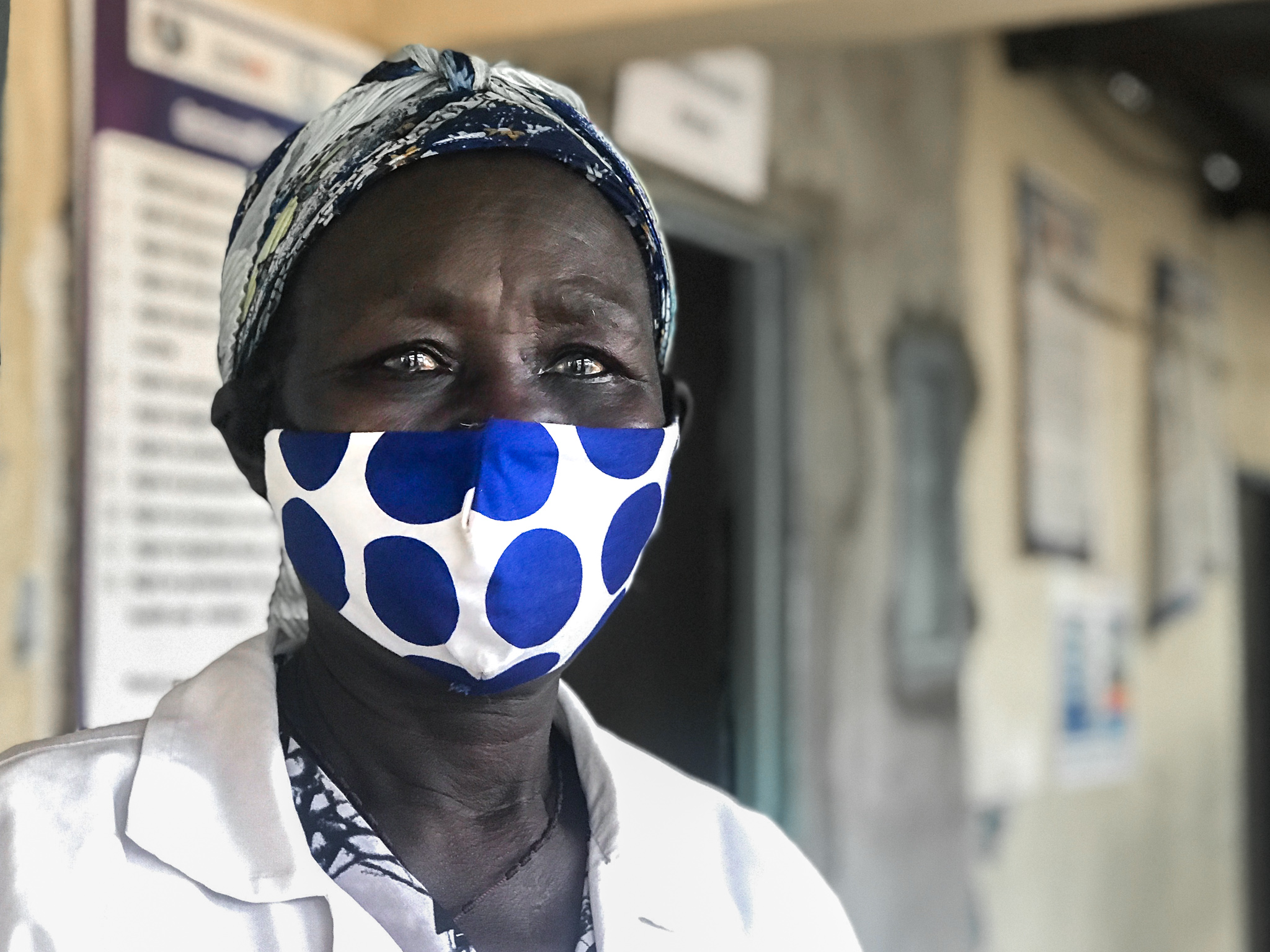
Zainab’s story is one of the many stories of suffering and endurance to seemingly non-stop challenges women are faced with. The stories Acayo listened to every working day at the centre were “very stressful” and “difficult to hear”. But she is obviously happy with the job she signed up with. For the women who come, she is a mother, a sister, a friend and someone ready to provide them with support.
“I love my job as a nurse. I cannot think of doing any other profession. Helping mothers keep me strong and inspired. God has trusted me with this work so I keep going. I even went back from Uganda to South Sudan to serve my own people”, she adds beaming with pride.
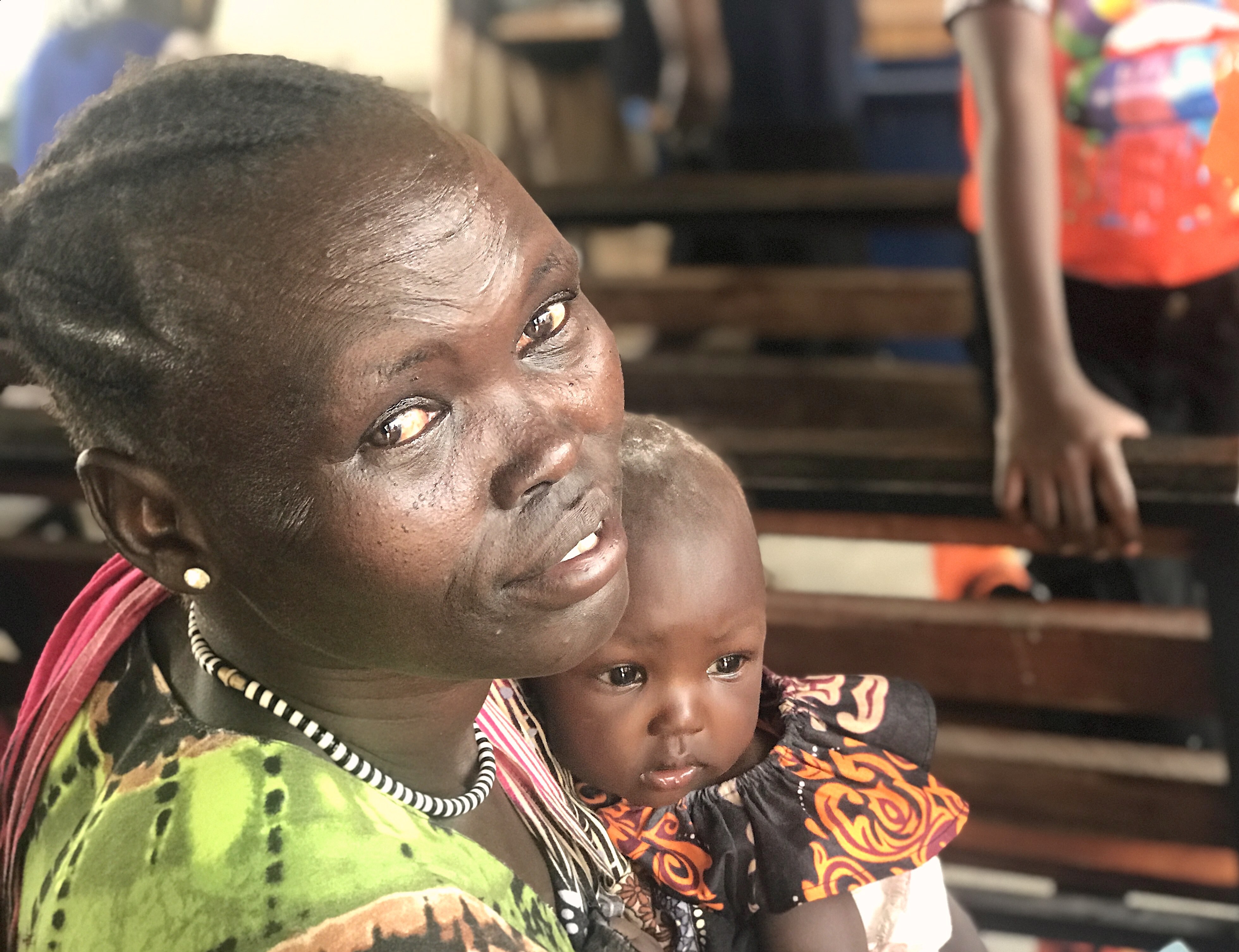
Acayo, also a mother of seven, started working at age 22 as a midwife at the First Juba Teaching Hospital, completed her nursing degree in Uganda, and went back to support her country’s need for health workers. She could have stayed but chose to serve her fellow women in need of her skills.
“Working in the frontline is not easy. As a manager of this centre, I have to oversee all the needs. When our water tank broke down, I have to look for funding to get it fixed. At this time of the pandemic, water supply is very important”, she says as she rushed to a newly-arrived mother calling her.
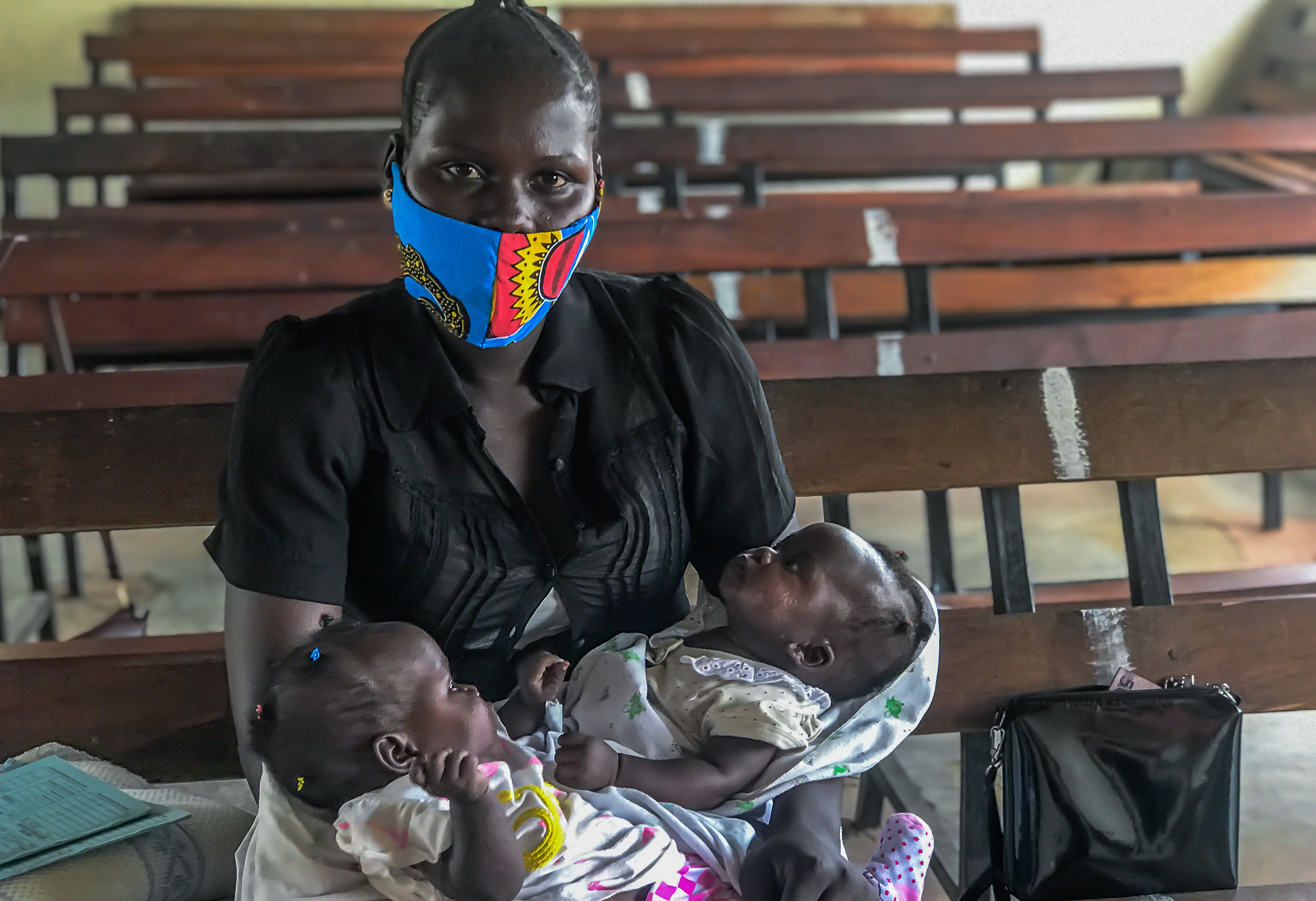
World Vision’s nurse Elizabeth Athanasio said times were harder in Juba for many mothers and children. “Many of the parents lost their jobs or livelihood because of the pandemic. Our work has also become more risky. We try to be more careful to protect ourselves and our families”, Athanasio says.
Many of the parents lost their jobs or livelihood because of the pandemic. Our work has also become more risky. We try to be more careful to protect ourselves and our families.
“The levels of acute food insecurity situation driven by insecurity, displacement, diseases and effects of Covid-19, declined crop production, sub-optimal maternal, infant and young child nutrition and care practices have seen many children suffer from acute malnutrition", says Rahab Kimani, World Vision’s Roving Nutrition Manager.
Hanan, a 29-year old mother of three, was at the centre for the first dose of her one-month old Tabitha’s immunization. “My husband Martin lost his job doing dishwashing at a local food shop. Before the pandemic, we ate three meals a day. Now we are lucky to eat a meal as food has become expensive in the market”, Hanan shares.
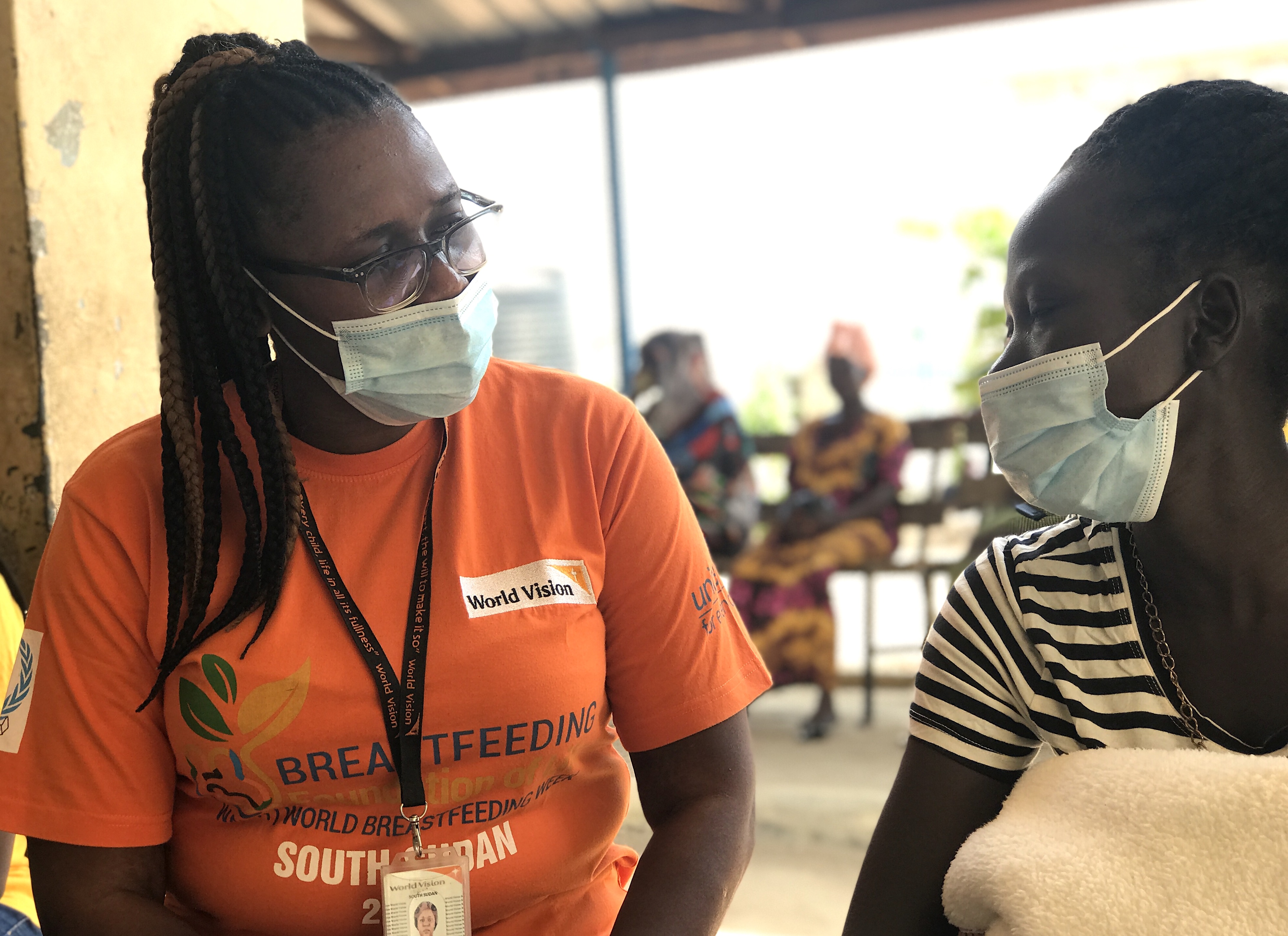
“My twins are a blessing. My first baby died when I delivered at home. When I learned from a neighbor, I went to this centre as soon as I got pregnant. The staff helped me and my babies”, says 24-year old Betty. Her husband Nyuka kept his job as a driver but she does her best to manage his income for the family’s needs.
Cecilia Kiden, 36 and a mother of six, said life for her is almost the same suffering and hunger. With a jobless husband, she tries to earn money from gathering firewood in the forest but is lucky to be able to sell them for SSP1,000 (USD3).
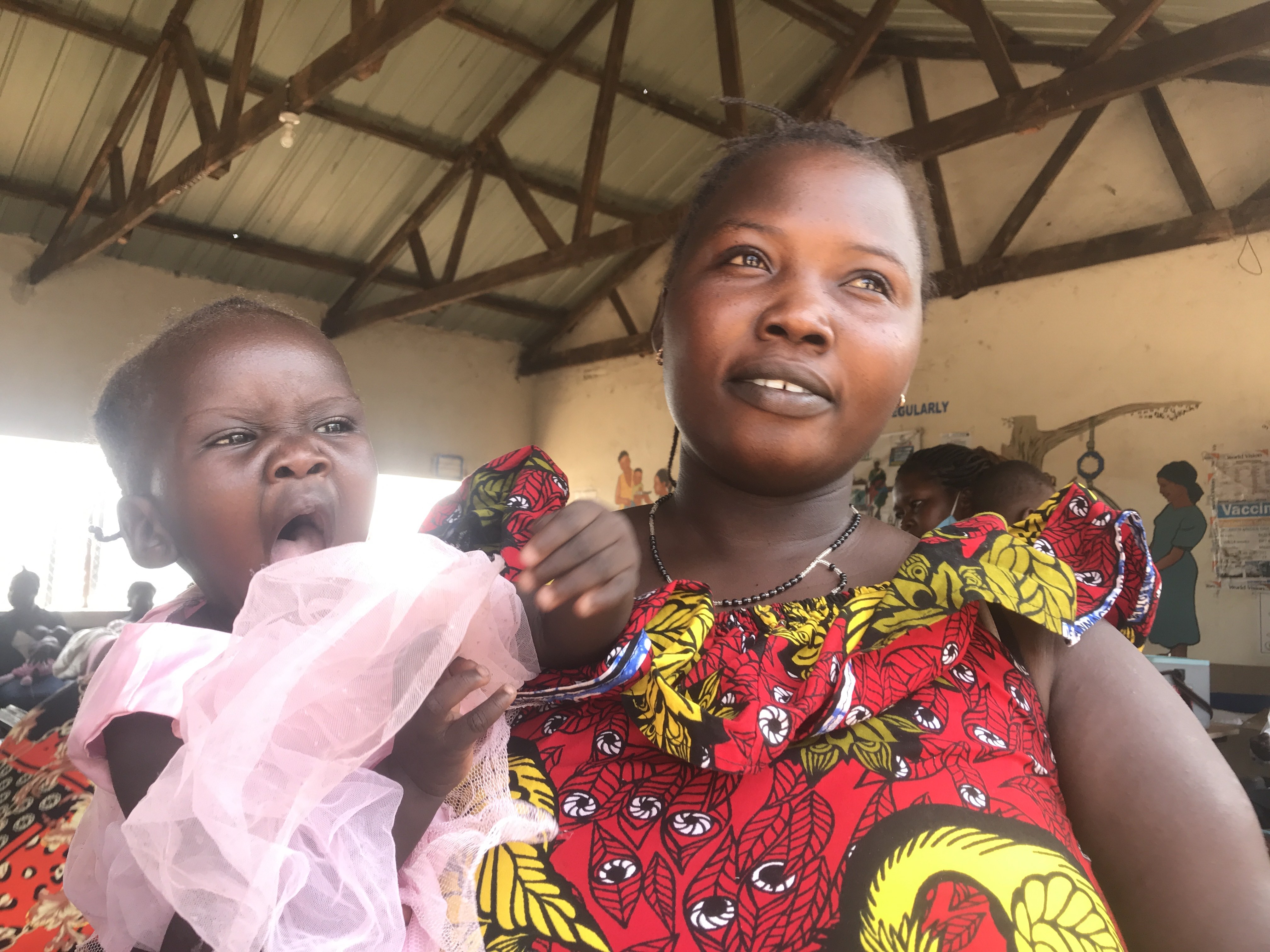
“We cook porridge and save the leftover for the next day. That’s how tough our life is nowadays”, she adds. Cecilia found refuge and comfort in the centre where her children are provided support against malnutrition and treatment on other diseases. She also gets to meet other mothers and learn from each other in coping with the situation.
World Vision’s Juba Urban Nutrition Project supported by UNICEF, the Central Equatorial State Ministry of Health and other partners, reached 108,439 children aged 6-59 months with screening for acute malnutrition in 2020.
A total of 2,004 were identified with severe acute malnutrition and treated through Outpatient Therapeutic Program. At least 4,957 children with moderate acute malnutrition and treated through a targeted supplementary feeding program. Additionally, at least 56,133 pregnant and lactating women were screened for acute malnutrition.
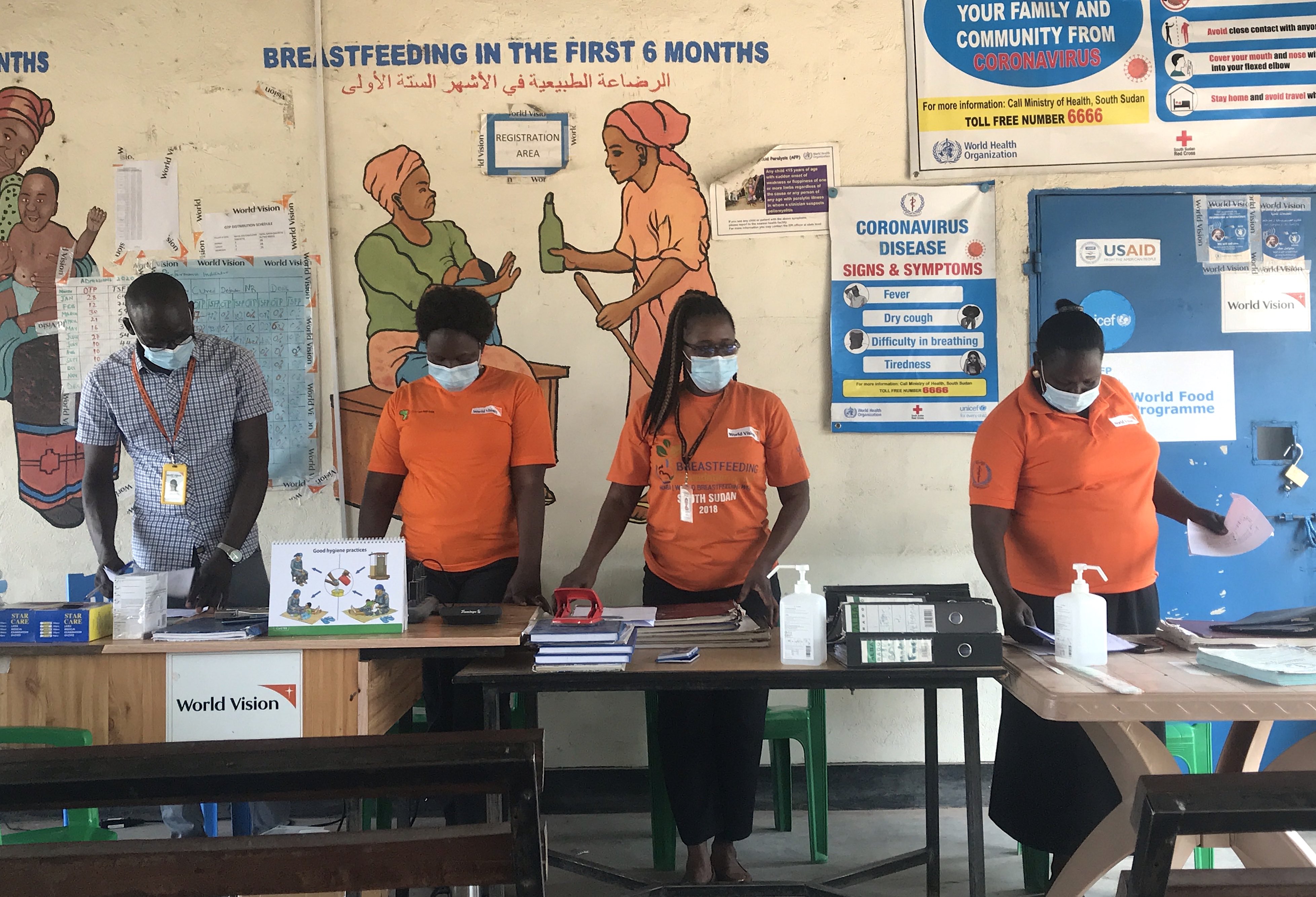
Main photo: Young mothers like Zainab found comfort and support from the health and nutrition team who are ready to assist and guide her.
Story and photos by Cecil Laguardia, Advocacy and Communications Senior Manager